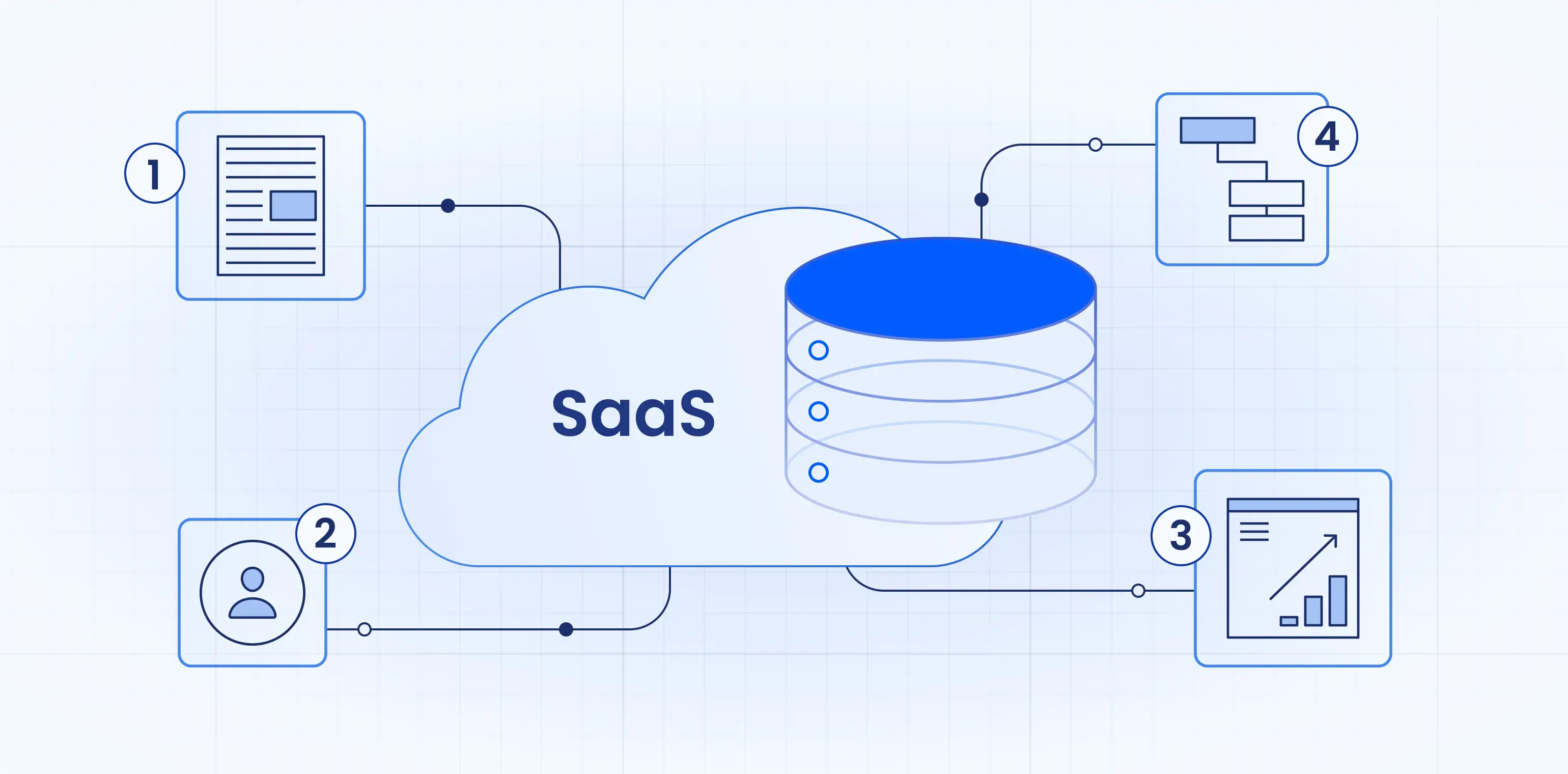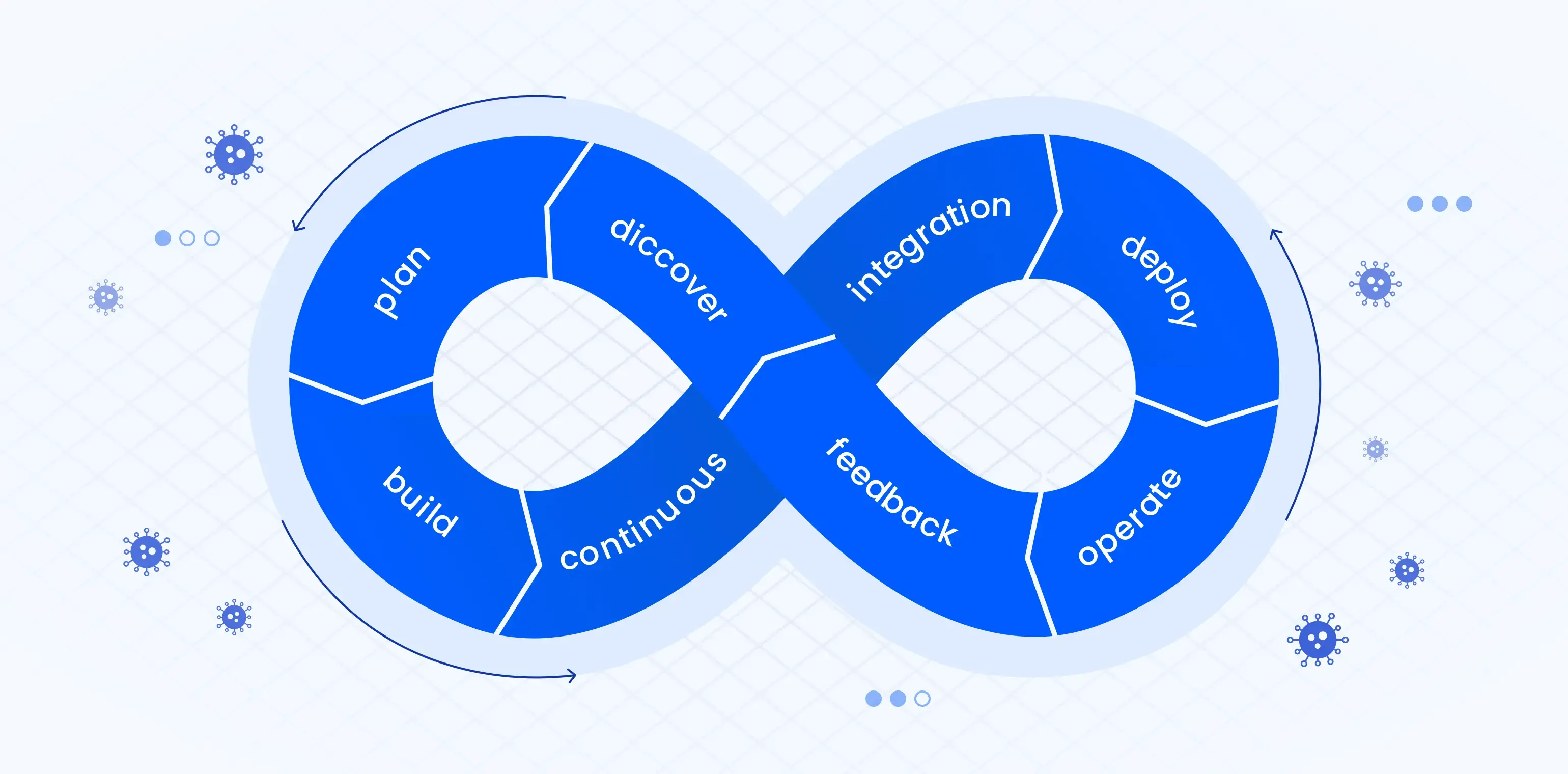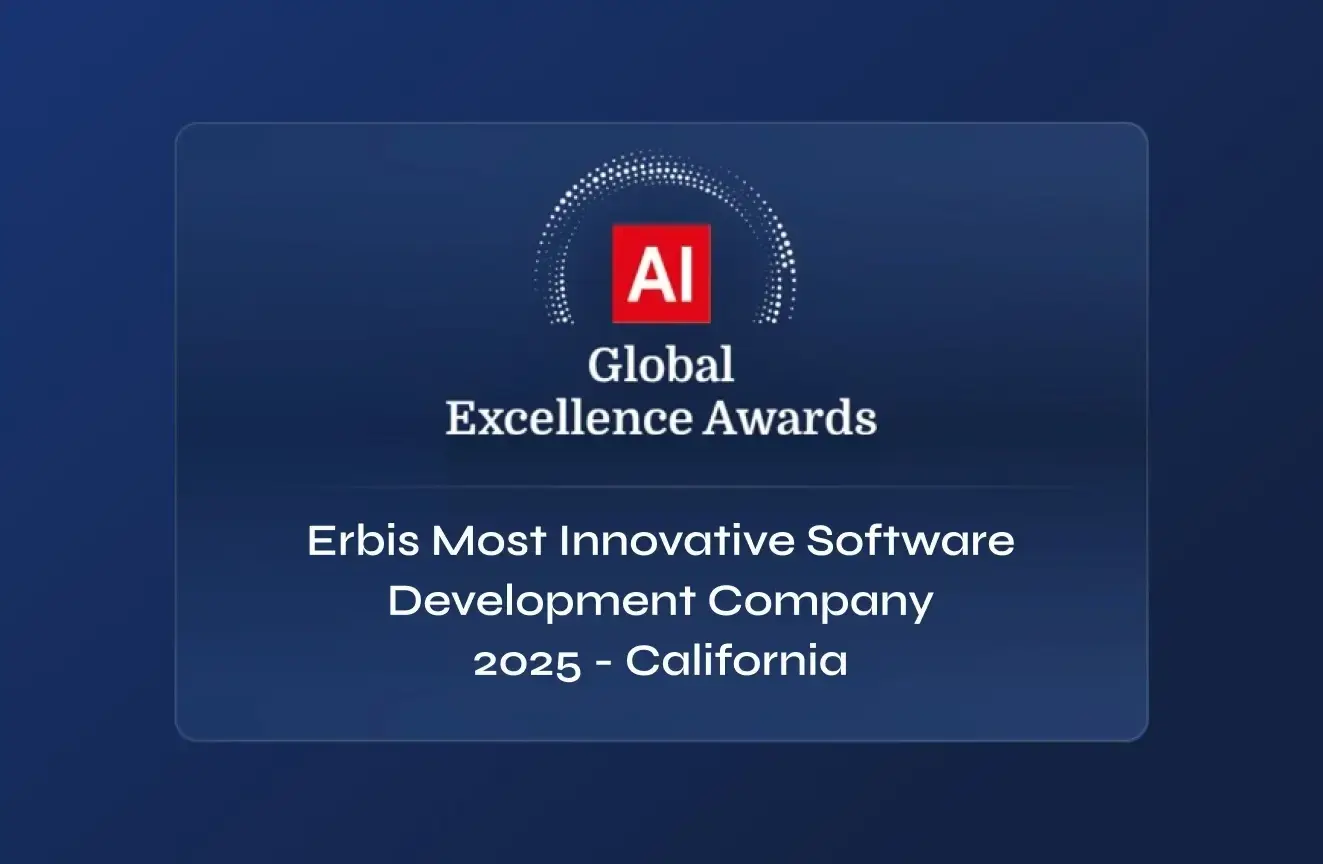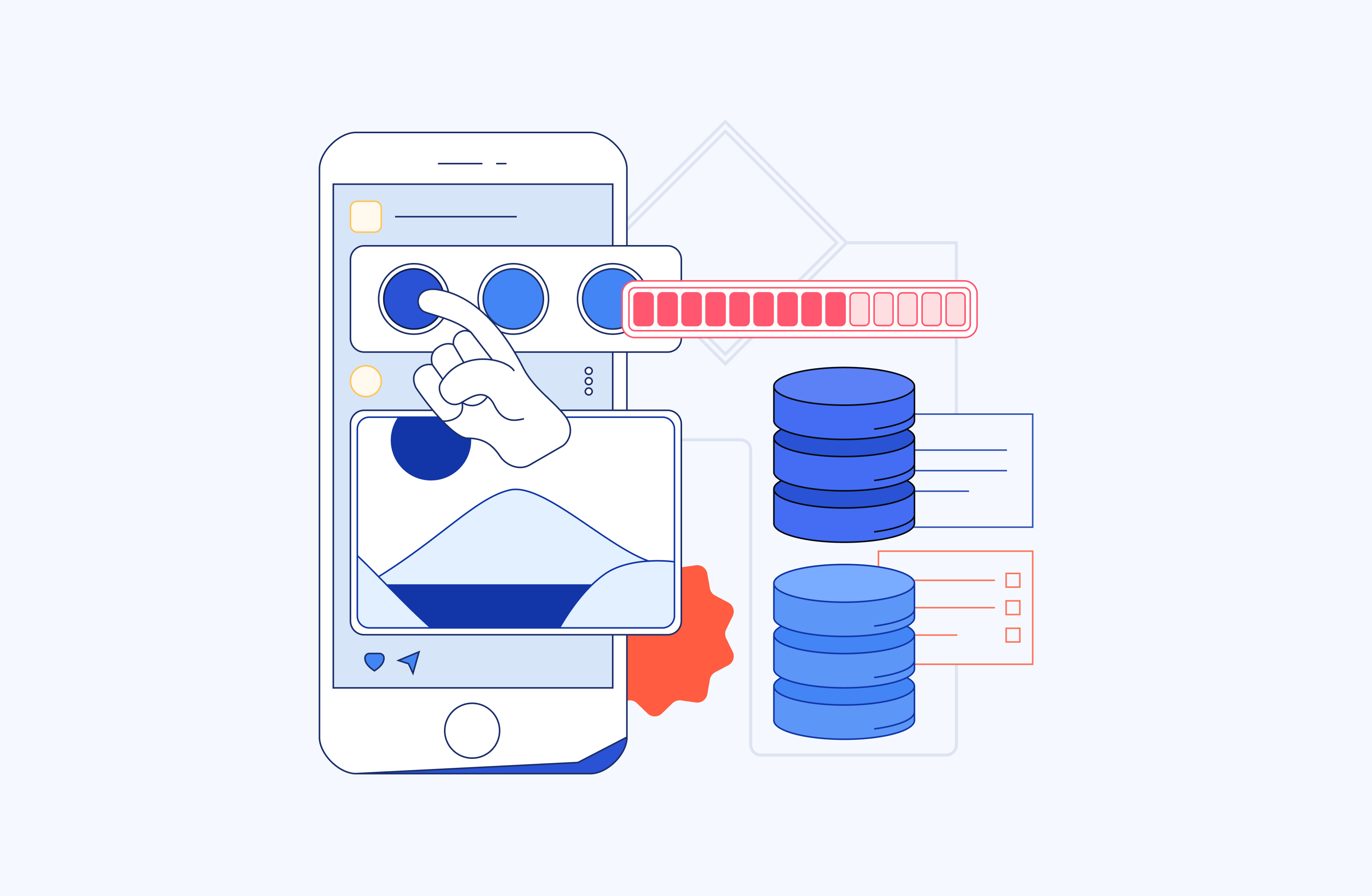7 Features to Look for While Building a Custom Retail CRM
Customer relations have a direct impact on a company’s profitability. If you want to compete with other sellers, you need to pay special attention to service quality. Indeed, today customers are very demanding. If they don’t like something on your side, they will go elsewhere. To prevent this, you need to learn clients’ goals and needs. The best way to do it is to use a 100% match CRM which is built specifically for eCommerce and retail.
87% of owners that have CRM see an improvement in sales. To join their ranks, you need an effective solution fully adaptable to your field specifics. Ready-made programs cannot always cover the organization’s needs. This is when a custom CRM comes to the rescue.
Retail CRM: trends and neglects
Like any other technology, CRM is constantly evolving under the influence of technological change and growing user requirements. In 2021, we see new trends in retail CRM development that begin to shake up the industry.
AI bots
Managers see great value in rule-based bots that take on simple daily tasks. In 2021, we see an increasing tendency to use AI-powered bots that undertake more complex duties and guess clients’ needs.
Social CRM
Modern CRM integrates with social media to track subscriptions, comments, and other customer interactions with a brand. If new activity is noticed, the manager receives a notification and quickly responds to a query.
Intense automation
Best CRM retailers want to narrow down manual work. Auto tools already take care of email workflow, analytics, reporting, and other business processes, helping companies reduce costs and grow KPI.
Activity focus
Enterprise-level apps like Hubspot or CRMs similar to Salesforce more and more turn into ERP software for retail. Except for customer relations, they grasp other business activities acting as an all-in-one corporate system.
Mobile CRM
Sales reps most often interact with customers and work on the go. Mobile CRM keeps them up to date and enables dealing with any situation in time. Also, the mobile app helps staff members stay in touch and be aware of ongoing changes.
Ready-made CRM vs. custom CRM
Alhough there are a few pretty popular ready-made solutions for merchants on the software market, more and more companies opt for сustom CRM for retail. So, what lacks in turnkey solutions, and why don’t they always meet user needs? Let’s try to figure it out.
Off-the-shelf tools target typical companies with standard business processes. For large corporations, their feature set may not be enough, while small firms don’t want to overpay for functionality they do not use.
Extensive systems like Zoho or Pipedrive CRM charge a pretty penny for each user monthly. For example, Pipedrive may take up to $99 per account, depending on the selected plan. Hence, for big companies, the issue of the high cost remains relevant. It may be more beneficial to pay CRM developers once rather than shell out huge sums for a third-party service regularly.
When choosing between custom vs. ready-made software, you must be guided by the individual nature of an enterprise. It is better to calculate both options and see which one will suit you best. If you opt for custom development, consider adding the following CRM features.
7 custom features to consider
1. Ease of use
The problem of most ready-made solutions is their complexity and overcrowding with unnecessary functions. As a result, employees face troubles when interacting with the system and may use it ineffectively. To make adoption quick and painless, you should take care of usability.
2. Remote access
For modern retailers, it is crucial to access CRM anytime, anywhere. This is easy to achieve with cloud technologies that eliminate the need to install software and work from an office computer at set hours. Cloud apps also enable cross-device and multi-user access: you just need to enter login and password to get into the system. When choosing between cloud providers, consider opting for AWS.
According to the Gartner Magic Quadrant, it is the absolute leader in the provision of cloud services. Microsoft Azur and Google Cloud take second and third places, respectively.
3. Actionable analytics
Integrated analytics is a dime a dozen nowadays. It is actively used to monitor customer engagement with a brand and build a robust marketing strategy. Yet, the volume of data a CRM can gather is often overwhelming. That is why you need to make sure the system can smartly filter it and translate it into useful information. A good CRM should generate actionable reports that are of practical value for your company.
4. Integration with third-party tools
Your staff may use various third-party tools for communication, task planning, accounting, and more. The CRM which integrates with such services is highly beneficial. You can access the essential information without toggling back and forth between windows. Besides, you can land all team members in one place, making their collaborative work more fast and efficient.
5. Effortless salability
You can be a small startup today but a big enterprise tomorrow. Regardless of the business size, you need a powerful CRM that can grow and change just like your company. The right tech stack will help you scale the program up or down if such a need arises.
Microservice architecture and cloud hosting make a good base for adding new options or removing outdated ones. Also, you can quickly increase the system’s capacities if the data volume grows.
6. Reasonable automation
For companies with a large customer base, automation is never too much. Such retailers automate daily tasks and benefit from innovative tools that resolve more complex issues. On the contrary, smaller firms may feel OK with less automation and bigger human involvement. If you have a free hand to customize CRM, you can start with auto docs fill or bulk messaging and proceed to more advanced automation later.
7. Personalized access
Multi-factor authentication and single sign-on are definitely good. But you can also create different roles to access CRM and enhance security. Personalized accounts limit users’ capabilities within the system and let them act within predefined duties only. The role-based options also help owners quickly detect suspicious activities and prevent system hacking and data leak.
Conclusion
A customized CRM for retail plays a crucial role in business development. The system collects all processes in one place and allows you to build productive client relations based on in-depth analytics and timely reports. Modern CRMs go far from customer interactions and often act as full-fledged corporate programs.
If you want a unique solution to reshape your retail enterprise, it will be wise to outsource your CRM development. A dedicated team will study your business and deliver a product that will 100% meet your company’s needs.













